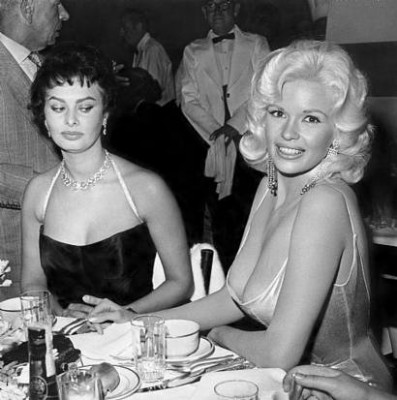When daughters take over
/January 15, 2014
 Lady Mary Crawley, played by Michelle Dockery
Lady Mary Crawley, played by Michelle Dockery
This morning I had a conversation with Amy Katz, who heads the consultancy Daughters in Charge. I came across her by accident when I was on the 85 Broads site last week filling out my profile details. I spotted her company name and immediately gravitated towards it. I’ve done various stories on family businesses over the years, including one in 2012 on Generation Y business owners who hire their parents (in my interviewees’ case, it was their mothers who joined the company). But I’d never thought much about what happens when a daughter, rather than a son, steps into the family business, most often run by her dad.
If you’re one of those daughters, or if you know someone who is, I’d love to hear from you, because I’m planning a future show on this topic.
Amy says various issues can crop up when a daughter joins the family firm:
- Some fathers alternate between being extremely protective of their little girls and wanting them to be gung-ho about the business. So on one hand they encourage their daughters to be at the company all hours, learning everything they possibly can and putting it into practice. But when the daughter gets pregnant, Dad becomes highly traditional and feels she should leave work to raise her family – something he would never suggest to his son if the son’s wife or partner had a baby.
- Some parents use the ‘don’t call me Dad’ tactic – they want a daughter to get used to calling them by their first name at work. Amy says this kind of approach can inhibit a lot of women from being able to develop a style of their own at the office. This is often particularly tough for women in a male-dominated environment.
- Managing authority can be tricky for the daughter walking into the family business. She’s known many of the employees (often men) since she was a kid. Now she may have power over a lot of them. Discovering what kind of leadership style is comfortable for her, and them, is a challenge.
Lady Mary of PBS’s Downton Abbey (above) is dealing with some of this at the moment. Her father doesn’t want her pretty head bothered with matters of business related to the family's vast estate, even though she has ideas about how to improve things. Attitudes have changed considerably since the early 1920s - today, after all, fathers are actually welcoming their daughters into the family firm. But old perceptions about women’s roles and demeanor are still lurking in most workplaces - and in the brains of many parents.

